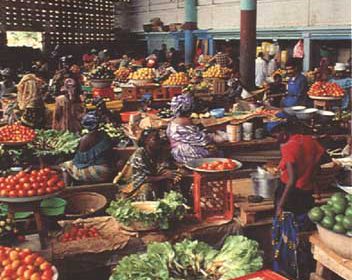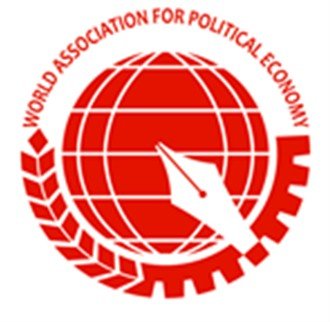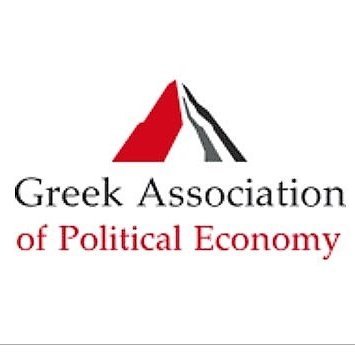CfA: Workshop Series “Commodities in History: Theoretical Reflections and Empirical Case Studies”
CALL FOR ABSTRACTS
Workshop Series “Commodities in History: Theoretical Reflections and Empirical Case Studies”
What can the study of a commodity tell us about past societies and historical change? Judging from the growing literature on the history of commodities, one thing seems safe to say: some historians believe that quite a bit. Recent additions to the body of scholarship that Mintz inaugurated with his 1985 book on sugar1 include contributions such as Frankopan’s on silk2 and Beckert’s on cotton.3 These works explore some of the main themes that occupy historians (colonialism, economic development, globalization, capitalism) through specific commodities. But how about the study of the commodity as a historically contingent category, an intellectual endeavor with which Marx introduces us to Capital? There is no shortage of theoretical approaches to the study of commodities in historical perspective (e.g. commodity frontiers,4 commodity and value chains,5 or the social life of things6). Yet one cannot help but ask whether the historical study of commodities might be an act of commodity fetishism where the proverbial trees (the properties and uses of a commodity) do not let us see the forest of social relations that produce, and are mediated by, material objects.
The team currently carrying out the research project “Value Chain Analysis of Tobacco in Greece (1949-1981)” at the Foundation for Research & Technology — Hellas is organizing a workshop series on the history of commodities. We welcome contributions from scholars
working on the history of a specific commodity with the purpose of illuminating concrete historical developments, as well as more purely theoretical reflections on the function(s) of the commodity as an object of historical research. Particularly welcome are contributions regarding the application of Global Value Chain and Global Production Network theory to historical inquiry. However, the seminar series is open to all geographic areas and historical periods, and to all theoretical approaches to the field. Scholars are encouraged to participate regardless of their career stage.
In order to encourage fruitful scholarly exchange, presenters will be grouped in small panels. Papers will be circulated approximately one week before each panel.
The seminar series will take place during the period between September and October 2022 through video conference, at a pace of one panel per week.
Scholars presenting at the workshop will have the option to contribute to an edited volume scheduled to be published in 2023.
Those interested in participating are invited to send an abstract (500 words max.) and a short CV to Juan Carmona-Zabala (jcarzab@ims.forth.gr) by March 15th, 2022.
Notes
1. S Sidney W. Mintz, Sweetness and Power: The Place of Sugar in Modern History (New York: Viking, 1985).
2. Peter Frankopan, The Silk Roads: A New History of the World (New York: Vintage Books, 2017).
3. Sven Beckert, Empire of Cotton: A Global History (New York: Alfred A. Knopf, 2015).
4. Sven Beckert et al., “Commodity Frontiers and the Transformation of the Global Countryside: A Research Agenda,” Journal of Global History 16, no. 3 (November 2021): 435–50.
5. Steven Topik, Carlos Marichal, and Zephyr L Frank, eds., From Silver to Cocaine: Latin American Commodity Chains and the Building of the World Economy, 1500-2000 (Durham, N.C.: Duke University Press, 2006).
6. Arjun Appadurai, ed., The Social Life of Things: Commodities in Cultural Perspective (Cambridge: Cambridge University Press, 1988).




